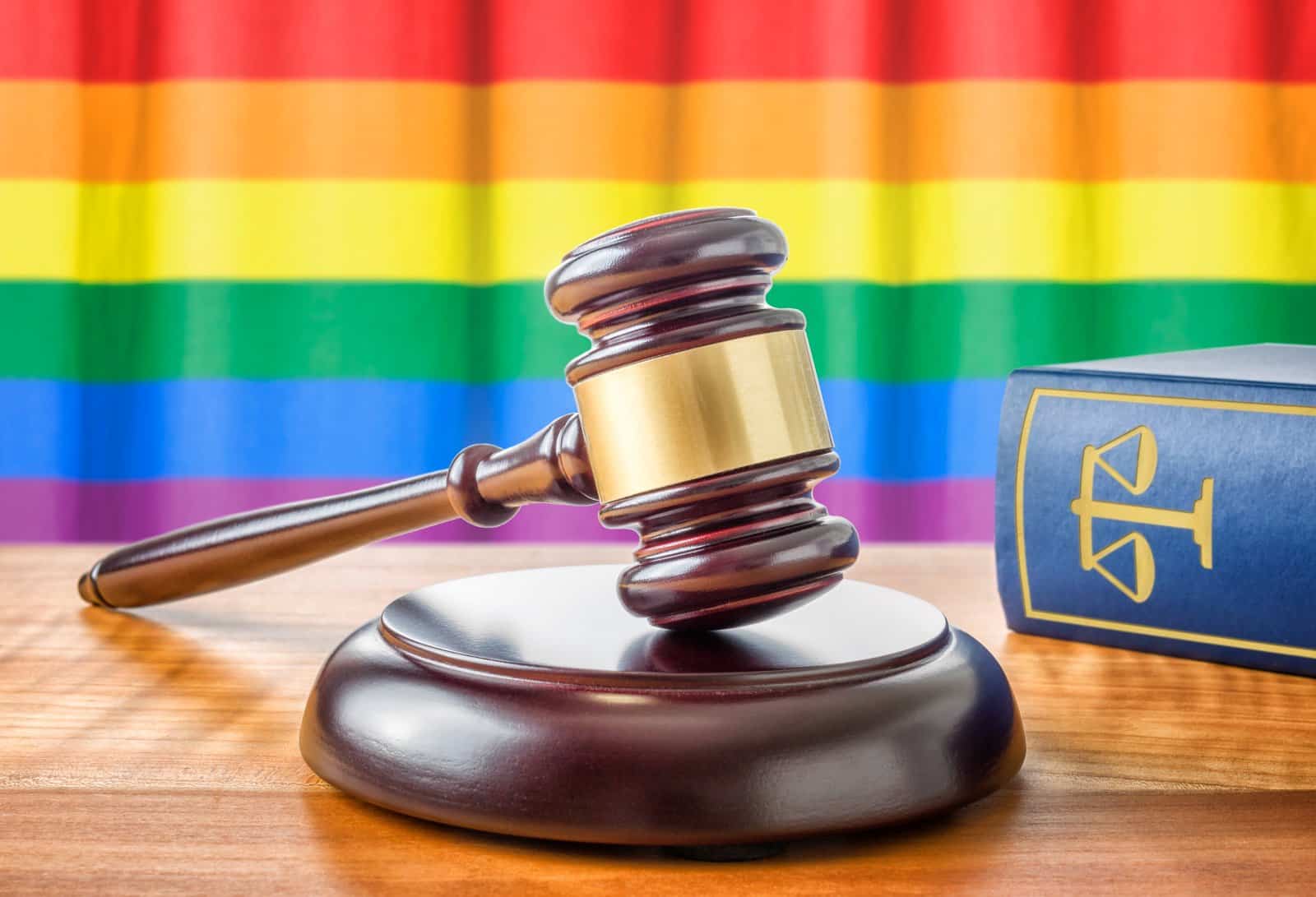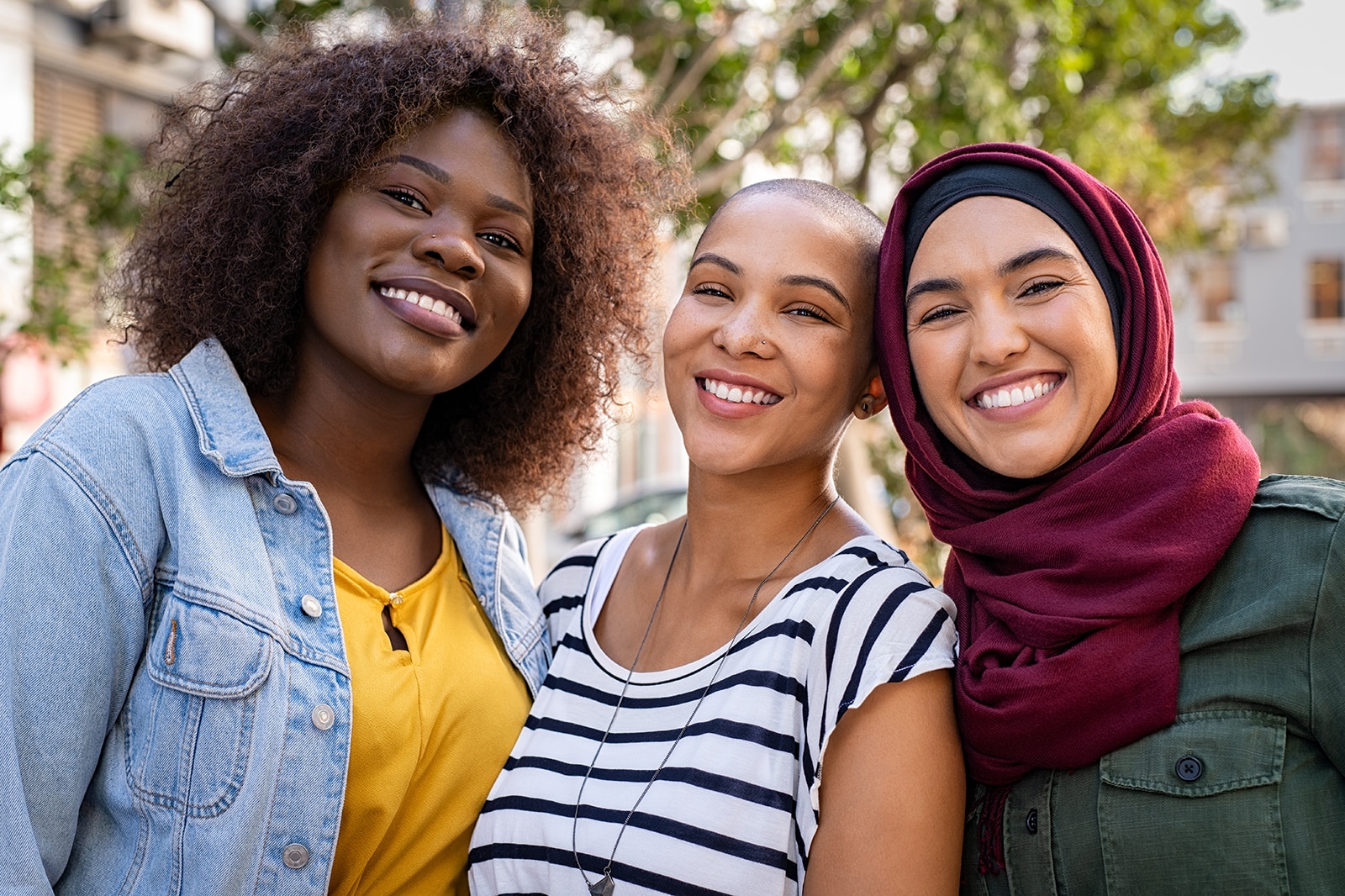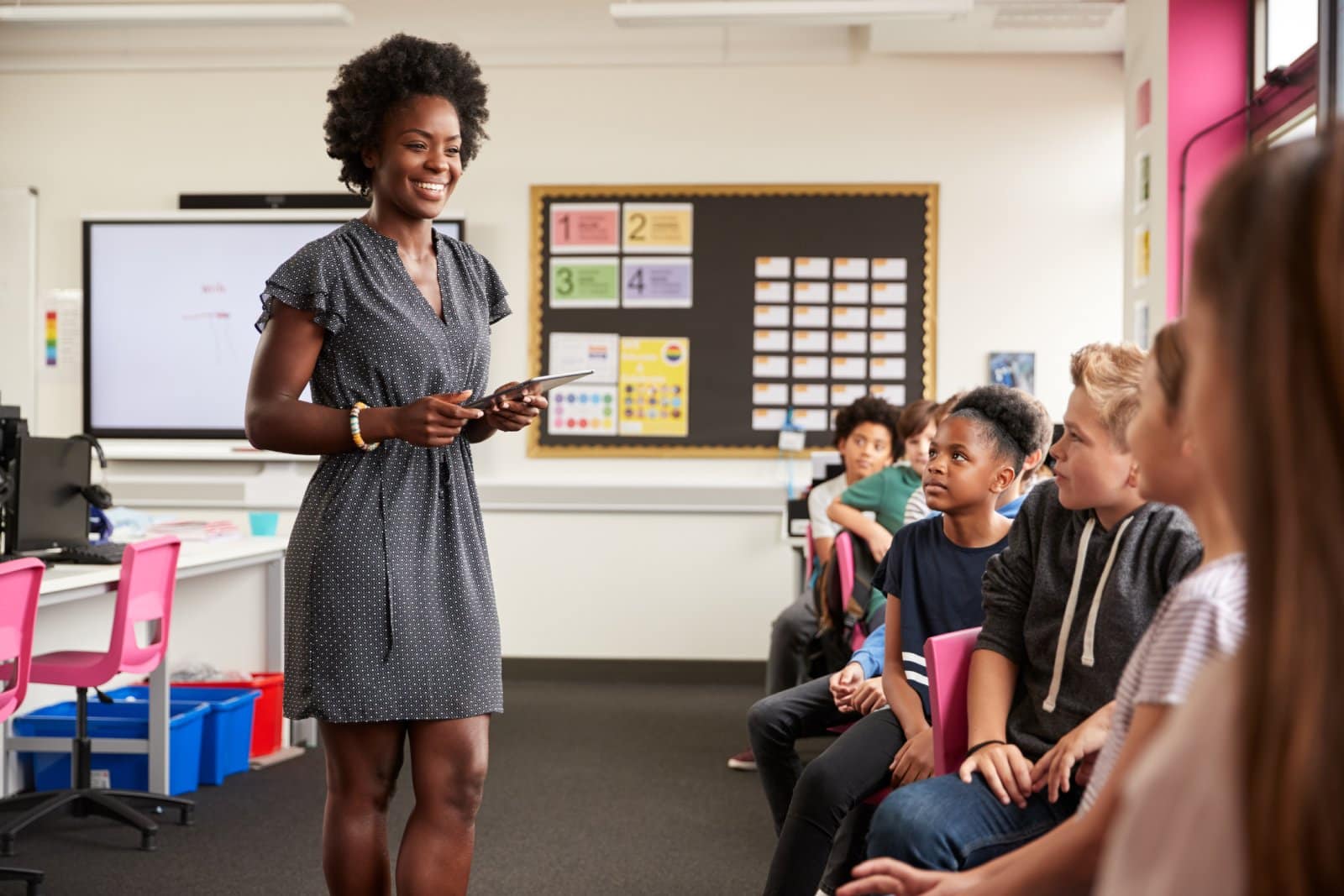Education on LGBTQ+ issues within schools has sparked heated debates. Is this a necessary step towards inclusivity or an undue influence on students?
1. Representation Matters

Teaching about LGBTQ+ history and rights ensures representation and promotes a more inclusive society. Isn’t it time all students saw themselves reflected in their curriculum?
2. Combatting Bullying

LGBTQ+ education can significantly reduce bullying in schools by fostering understanding and respect among students. Who can argue with safer schools?
3. Supports Mental Health

LGBTQ+ students often face isolation and depression. Inclusive education can be a lifeline for these students, showing them they are not alone.
4. Promotes Equality

Educating young people about LGBTQ+ issues promotes equality and acceptance, laying the groundwork for a more equitable society.
5. Encourages Open Dialogue

Having LGBTQ+ topics in the curriculum encourages open dialogue, helping students navigate complex social issues with empathy and insight.
6. Reflects Social Changes

The inclusion of LGBTQ+ content reflects ongoing societal changes and ensures education remains relevant to current and future generations.
7. Legal Recognition

Teaching about LGBTQ+ rights aligns with legal protections and civil rights, providing a legal framework that supports equality and justice.
8. Global Perspective

Understanding global LGBTQ+ issues fosters a broader worldview and prepares students for interacting in an increasingly globalized society.
9. Cultural Competence

Learning about diverse identities, including LGBTQ+ perspectives, builds cultural competence, a skill highly valued in today’s workplace.
10. Support From Educators

Many educators support LGBTQ+ inclusive curricula as essential for a comprehensive education. Shouldn’t their professional insights matter?
11. Historical Accuracy

LGBTQ+ history is a part of world history; omitting it denies students a complete understanding of the past and its impact on the present.
12. Fosters Inclusivity

Schools that embrace LGBTQ+ education are seen as more inclusive, attracting diverse staff and student bodies.
13. Parental Support

Many parents of LGBTQ+ children advocate for inclusive education as critical to their children’s safety and well-being.
14. Reduces Stigma

Normalizing LGBTQ+ topics through education can significantly reduce stigma, leading to healthier, happier students.
15. Empowers LGBTQ+ Students

Inclusive curricula empower LGBTQ+ students, giving them the confidence to express themselves and participate fully in school life.
16. Enhances All Students’ Social Skills

All students benefit from learning how to interact respectfully with people who are different from themselves.
17. Meets Educational Standards

LGBTQ+ education can be integrated into existing standards for teaching about families, history, and human rights.
18. Necessary for Holistic Education

A truly holistic education addresses all aspects of human experience, including sexual orientation and gender identity.
19. Aligns With Anti-Discrimination Policies

Including LGBTQ+ content supports anti-discrimination policies that protect students and staff from harassment.
Education or Influence?

Shouldn’t we aspire to educate young minds comprehensively rather than shielding them from reality? It’s time to embrace inclusivity in our educational system.
The post 19 Reasons to Fight for LGBTQ Education in Schools first appeared on Pulse of Pride.
Featured Image Credit: Shutterstock / yurakrasil.
For transparency, this content was partly developed with AI assistance and carefully curated by an experienced editor to be informative and ensure accuracy.

